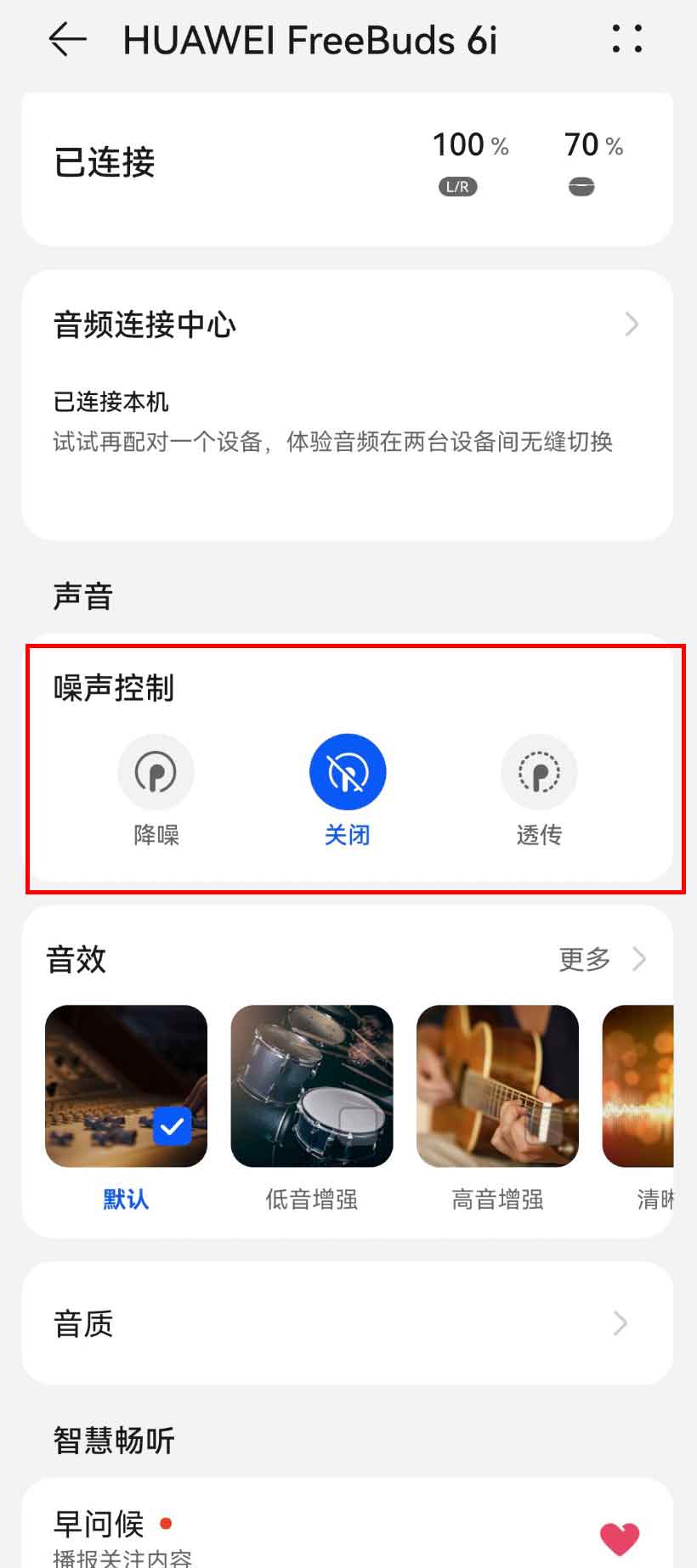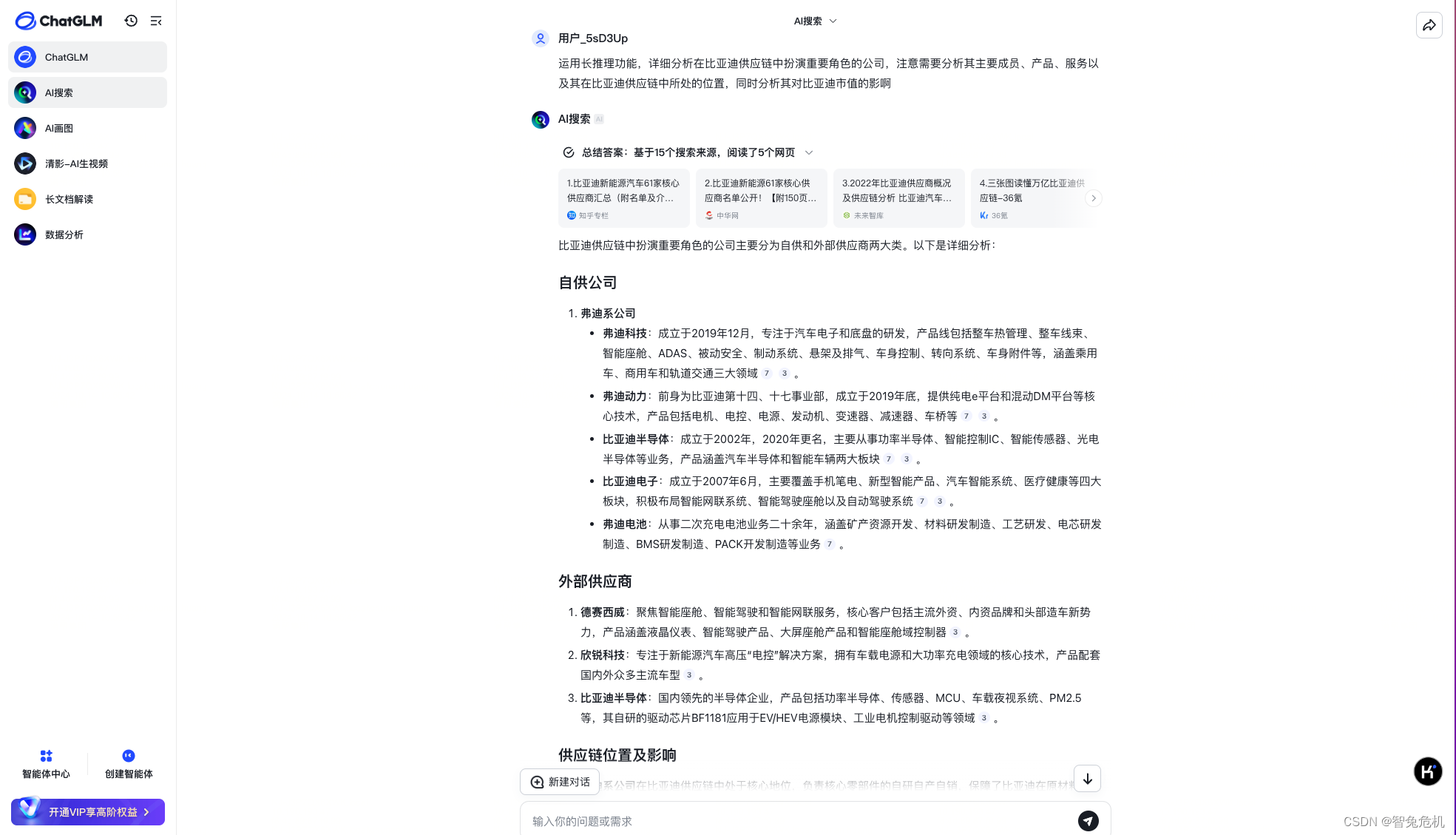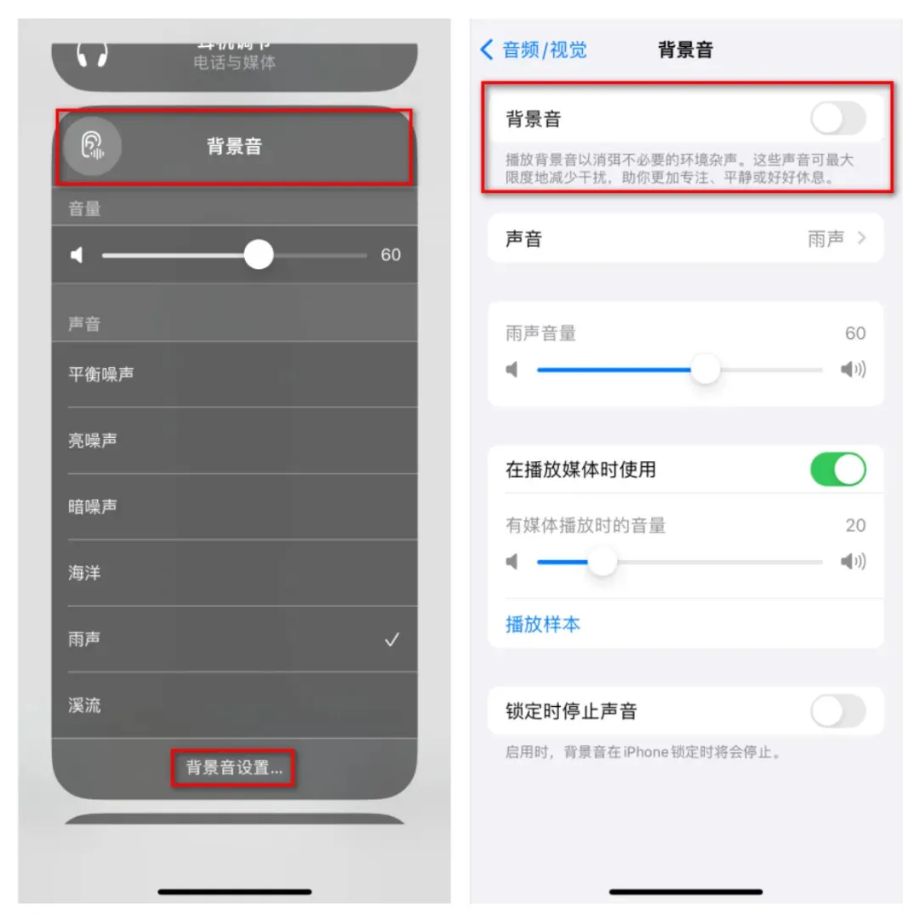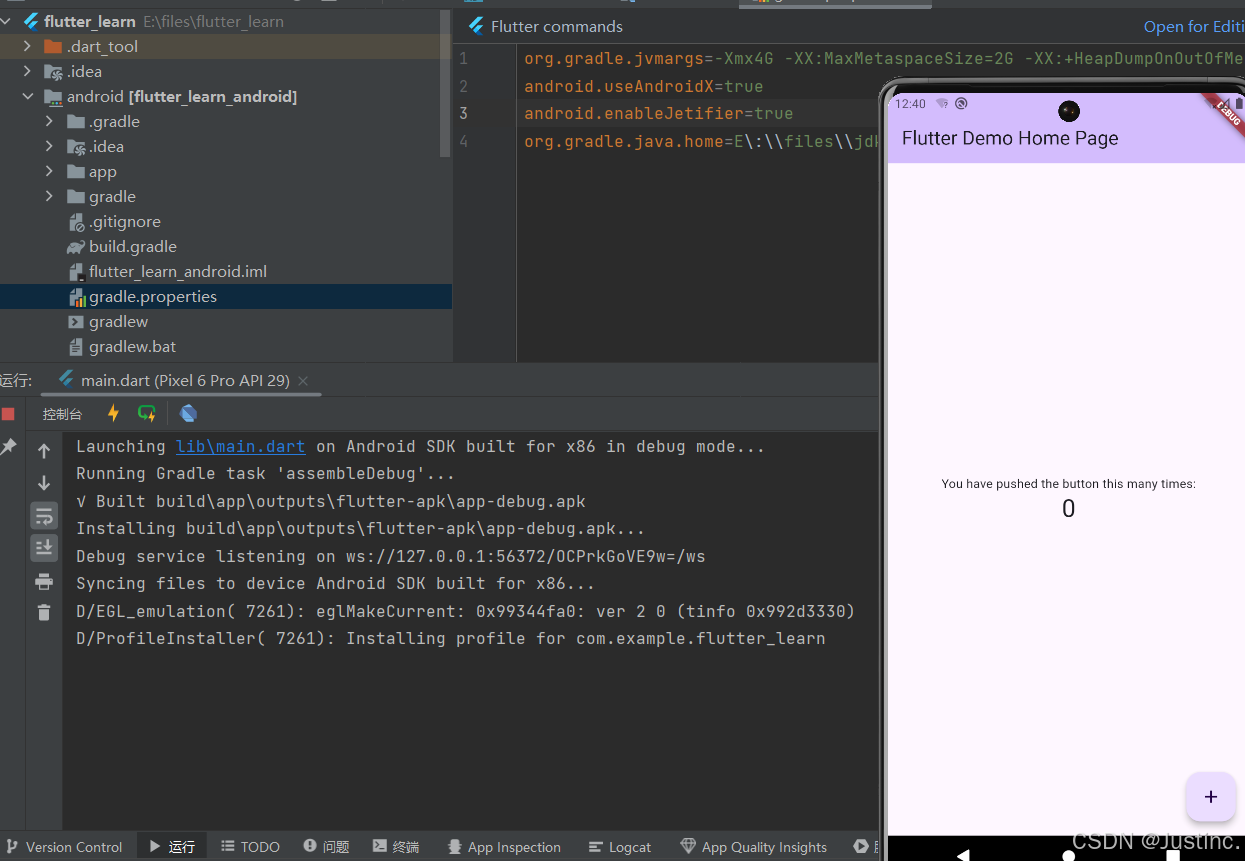要根据指定键对自定义 JSON 进行输出,通常的做法是:
- 解析 JSON 数据。
- 按照用户给定的键提取或排序数据。
- 重新构造并输出 JSON 数据。
这里有几个常见的场景:
- 提取特定键及其值。
- 按特定键排序 JSON 数组。
- 过滤掉不需要的键。
接下来,我们将用 Python 演示这些操作,结合 json 模块解析和处理 JSON 数据。

问题背景
在使用 simplejson 库将 Python 字典转换为 JSON 时,希望为某些特定的键对自定义输出。例如,需要 callback 和 scope 这两个键的值不包含双引号,以便 JavaScript 能够解析数据,而不是将其视为字符串。
解决方案
方法一:修改 JSON 源代码
- 导入必要的模块。
import json
from json.encoder import encode_basestring_ascii, encode_basestring, FLOAT_REPR, INFINITY, c_make_encoder
- 创建自定义键类
JsonSpecialKey。
class JsonSpecialKey(object):
def __init__(self, data):
self.data = data
- 创建自定义 JSON 编码器
JsonSpecialEncoder。
class JsonSpecialEncoder(json.JSONEncoder):
def default(self, obj):
if isinstance(obj, JsonSpecialKey):
return obj.data
return json.JSONEncoder.default(self, obj)
- 使用自定义编码器对数据进行编码。
d = {'testKey': JsonSpecialKey('function() {alert(123);}')}
print(json.dumps(d, cls=JsonSpecialEncoder, ensure_ascii=False, indent=4))
方法二:使用预定义的 JSON 编码器
一些 JSON 编码器库提供了更简单的自定义输出方式。例如,ujson 库允许您通过添加 @ 符号来指定需要排除双引号的键。
- 安装
ujson库。
pip install ujson
- 导入必要的模块。
import ujson
- 使用自定义编码器对数据进行编码。
d = {'testKey': 'function() {alert(123);}'}
print(ujson.dumps(d, double_quote=False, escape_forward_slashes=False))
代码示例
# 方法一:修改 JSON 源代码
import json
from json.encoder import encode_basestring_ascii, encode_basestring, FLOAT_REPR, INFINITY, c_make_encoder
class JsonSpecialKey(object):
def __init__(self, data):
self.data = data
def _make_iterencode(markers, _default, _encoder, _indent, _floatstr,
_key_separator, _item_separator, _sort_keys, _skipkeys, _one_shot,
## HACK: hand-optimized bytecode; turn globals into locals
ValueError=ValueError,
dict=dict,
float=float,
id=id,
int=int,
isinstance=isinstance,
list=list,
str=str,
tuple=tuple,
):
if _indent is not None and not isinstance(_indent, str):
_indent = ' ' * _indent
def _iterencode_list(lst, _current_indent_level):
if not lst:
yield '[]'
return
if markers is not None:
markerid = id(lst)
if markerid in markers:
raise ValueError("Circular reference detected")
markers[markerid] = lst
buf = '['
if _indent is not None:
_current_indent_level += 1
newline_indent = '\n' + _indent * _current_indent_level
separator = _item_separator + newline_indent
buf += newline_indent
else:
newline_indent = None
separator = _item_separator
first = True
for value in lst:
if first:
first = False
else:
buf = separator
if isinstance(value, str):
yield buf + _encoder(value)
elif value is None:
yield buf + 'null'
elif value is True:
yield buf + 'true'
elif value is False:
yield buf + 'false'
elif isinstance(value, int):
yield buf + str(value)
elif isinstance(value, float):
yield buf + _floatstr(value)
elif isinstance(value, JsonSpecialKey):
yield buf + value.data
else:
yield buf
if isinstance(value, (list, tuple)):
chunks = _iterencode_list(value, _current_indent_level)
elif isinstance(value, dict):
chunks = _iterencode_dict(value, _current_indent_level)
else:
chunks = _iterencode(value, _current_indent_level)
for chunk in chunks:
yield chunk
if newline_indent is not None:
_current_indent_level -= 1
yield '\n' + _indent * _current_indent_level
yield ']'
if markers is not None:
del markers[markerid]
def _iterencode_dict(dct, _current_indent_level):
if not dct:
yield '{}'
return
if markers is not None:
markerid = id(dct)
if markerid in markers:
raise ValueError("Circular reference detected")
markers[markerid] = dct
yield '{'
if _indent is not None:
_current_indent_level += 1
newline_indent = '\n' + _indent * _current_indent_level
item_separator = _item_separator + newline_indent
yield newline_indent
else:
newline_indent = None
item_separator = _item_separator
first = True
if _sort_keys:
items = sorted(dct.items(), key=lambda kv: kv[0])
else:
items = dct.items()
for key, value in items:
if isinstance(key, str):
pass
# JavaScript is weakly typed for these, so it makes sense to
# also allow them. Many encoders seem to do something like this.
elif isinstance(key, float):
key = _floatstr(key)
elif key is True:
key = 'true'
elif key is False:
key = 'false'
elif key is None:
key = 'null'
elif isinstance(key, int):
key = str(key)
elif _skipkeys:
continue
else:
raise TypeError("key " + repr(key) + " is not a string")
if first:
first = False
else:
yield item_separator
yield _encoder(key)
yield _key_separator
if isinstance(value, str):
yield _encoder(value)
elif value is None:
yield 'null'
elif value is True:
yield 'true'
elif value is False:
yield 'false'
elif isinstance(value, int):
yield str(value)
elif isinstance(value, float):
yield _floatstr(value)
elif isinstance(value, JsonSpecialKey):
yield value.data
else:
if isinstance(value, (list, tuple)):
chunks = _iterencode_list(value, _current_indent_level)
elif isinstance(value, dict):
chunks = _iterencode_dict(value, _current_indent_level)
else:
chunks = _iterencode(value, _current_indent_level)
for chunk in chunks:
yield chunk
if newline_indent is not None:
_current_indent_level -= 1
yield '\n' + _indent * _current_indent_level
yield '}'
if markers is not None:
del markers[markerid]
def _iterencode(o, _current_indent_level):
if isinstance(o, str):
yield _encoder(o)
elif o is None:
yield 'null'
elif o is True:
yield 'true'
elif o is False:
yield 'false'
elif isinstance(o, int):
yield str(o)
elif isinstance(o, float):
yield _floatstr(o)
elif isinstance(o, JsonSpecialKey):
yield o.data
elif isinstance(o, (list, tuple)):
for chunk in _iterencode_list(o, _current_indent_level):
yield chunk
elif isinstance(o, dict):
for chunk in _iterencode_dict(o, _current_indent_level):
yield chunk
else:
if markers is not None:
markerid = id(o)
if markerid in markers:
raise ValueError("Circular reference detected")
markers[markerid
总结
- 提取特定键:可以根据需求选择并提取 JSON 数据中的某些字段。
- 排序:JSON 数组可以按指定键进行排序,以便数据展示更符合逻辑。
- 过滤:过滤掉不需要的字段,使数据更简洁。
这种动态提取和排序可以让你根据需求自定义 JSON 输出,增强灵活性。如果你有更复杂的需求,也可以在这些基础上进一步扩展功能。



















